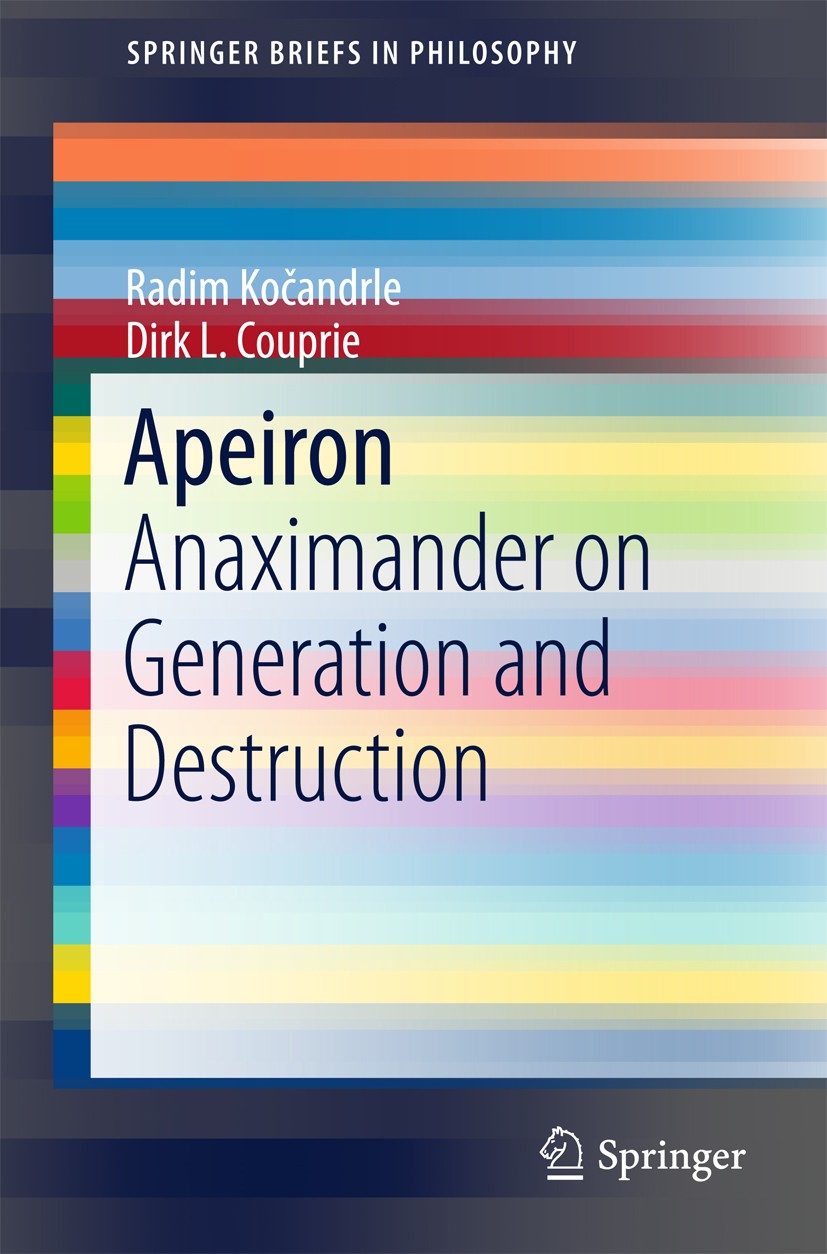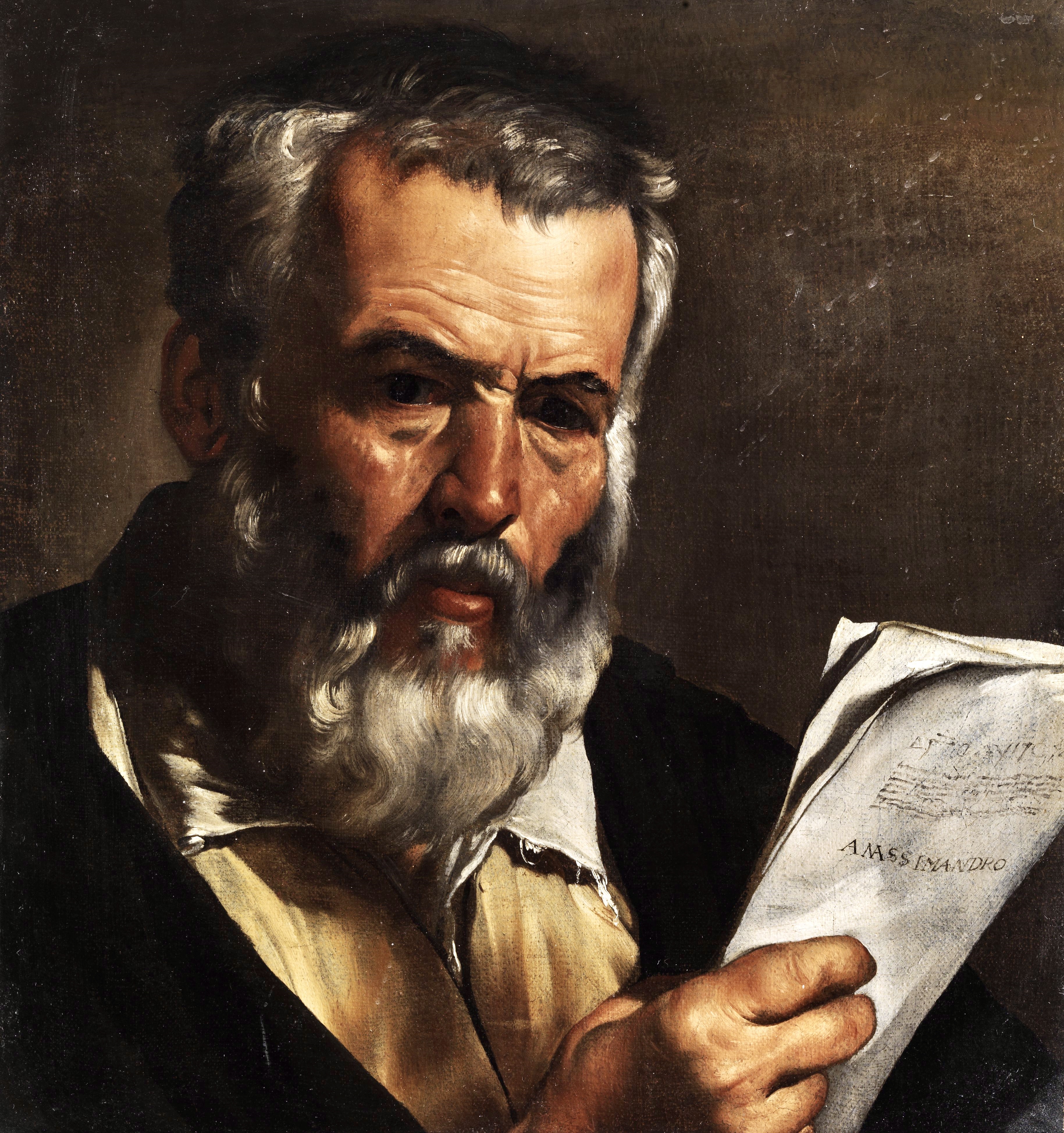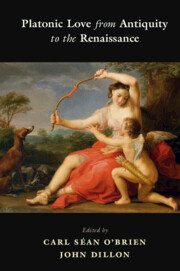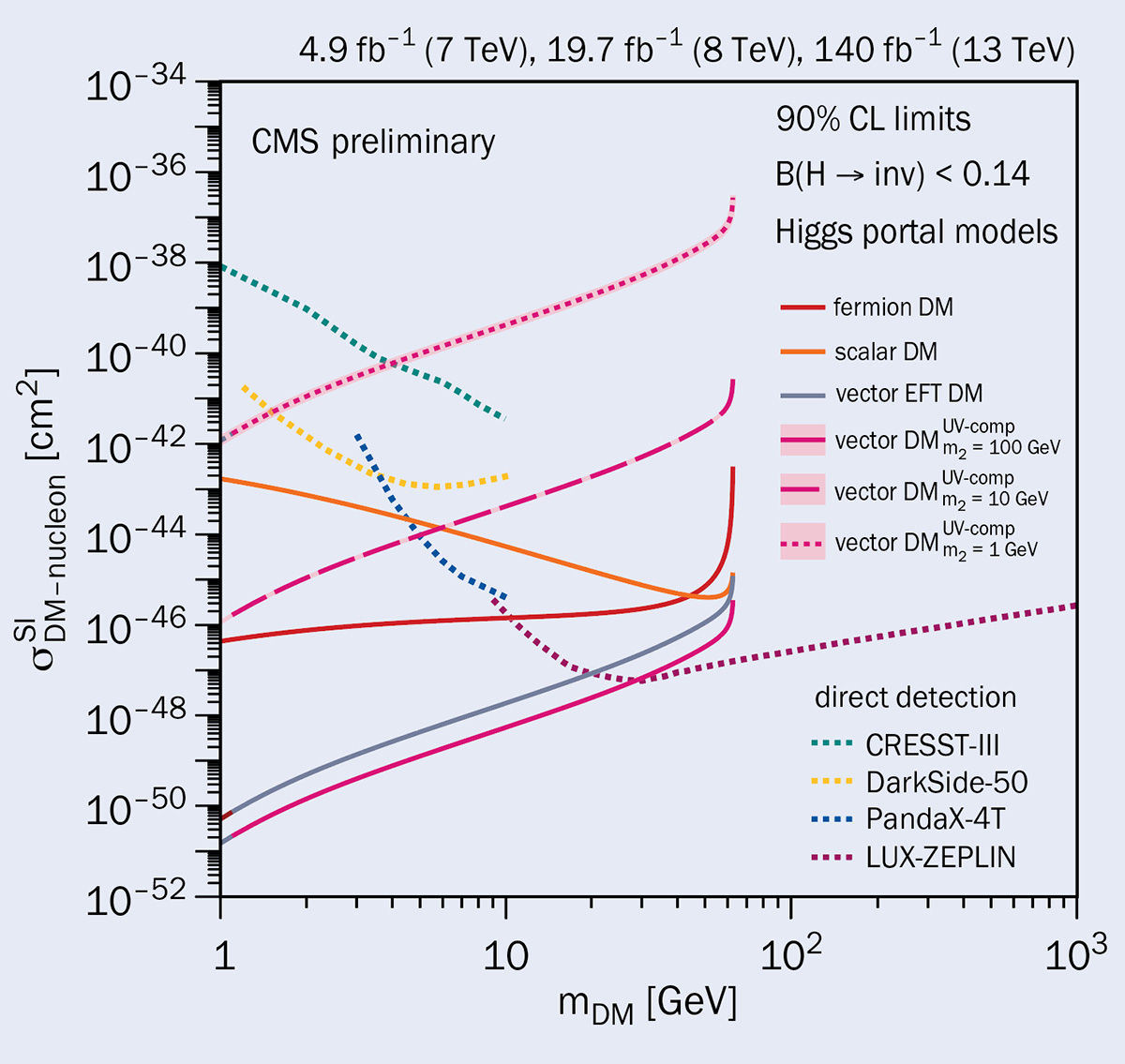Anaximander: The Pioneer of Western Philosophy
Introduction to Anaximander
Anaximander, a pre-Socratic philosopher, is one of the most significant figures in the early development of Western thought. Born in Miletus, a Greek city in Ionia (modern-day Turkey), around 610 BCE, he was a student of Thales, often regarded as the first philosopher. Anaximander's contributions to philosophy, cosmology, and science laid the groundwork for future thinkers, making him a pivotal figure in the transition from myth to rational inquiry.
The Life and Times of Anaximander
Little is known about Anaximander's personal life, but his intellectual legacy is well-documented through fragments of his writings and references by later philosophers. He lived during a period of great intellectual ferment in the Greek world, where traditional mythological explanations of the universe were being challenged by new, rational approaches. Anaximander's work reflects this shift, as he sought to explain the origins and structure of the cosmos without relying on divine intervention.
Anaximander's Cosmology
One of Anaximander's most groundbreaking ideas was his concept of the "apeiron" (the boundless or infinite). Unlike Thales, who posited water as the fundamental substance of the universe, Anaximander argued that the apeiron was the source of all things. This indefinite, eternal, and infinite substance was not any particular element but the underlying principle from which all elements emerged and to which they returned. This idea marked a significant departure from earlier cosmologies and laid the foundation for later philosophical and scientific thought.
Anaximander also proposed a model of the universe that was remarkably advanced for his time. He envisioned the Earth as a cylindrical shape, floating freely in space, unsupported by any physical object. This was a radical departure from the flat Earth models prevalent in ancient cultures. He suggested that celestial bodies were not gods but physical entities moving in circular orbits around the Earth. His cosmology was a precursor to later astronomical theories and demonstrated his commitment to rational explanation.
Anaximander's Contributions to Biology and Geography
Beyond cosmology, Anaximander made significant contributions to biology and geography. He is credited with creating one of the first maps of the known world, a monumental achievement that reflected his interest in the structure and organization of the Earth. His map, though rudimentary by modern standards, represented a significant step forward in the understanding of geography and the interconnectedness of different regions.
In biology, Anaximander speculated on the origins of life, proposing that humans and other creatures evolved from simpler forms. He suggested that life began in water and that humans, in their earliest forms, were aquatic creatures. This idea, though speculative, was a precursor to later evolutionary theories and demonstrated his willingness to explore complex questions about the natural world.
Anaximander's Influence on Later Thought
Anaximander's ideas had a profound impact on subsequent philosophers and scientists. His concept of the apeiron influenced later thinkers such as Heraclitus and Parmenides, who further developed the idea of a fundamental, underlying reality. His cosmological model inspired later astronomers, including the Pythagoreans and eventually Copernicus, who built upon his ideas to develop heliocentric theories.
Anaximander's approach to philosophy—characterized by rational inquiry, skepticism of traditional myths, and a commitment to explaining the natural world through natural causes—set the tone for the entire Western philosophical tradition. His work represents a crucial step in the transition from mythological explanations to rational, scientific inquiry.
Conclusion of the First Part
Anaximander's contributions to philosophy, cosmology, and science were groundbreaking and laid the foundation for much of Western thought. His ideas about the apeiron, the structure of the universe, and the origins of life demonstrate his innovative and rational approach to understanding the world. As we move forward, we will explore more deeply his philosophical legacy and the ways in which his ideas continued to influence later thinkers.
Stay tuned for the next part of this article, where we will delve into Anaximander's philosophical successors and the lasting impact of his work on modern science and philosophy.
Anaximander's Philosophical Legacy
Anaximander’s philosophical legacy extends far beyond his own time, influencing generations of thinkers in antiquity and beyond. His innovative rejection of mythological explanations in favor of rational principles laid the groundwork for a new way of understanding the world. Unlike earlier cosmogonies that relied on divine beings shaping the universe, Anaximander sought naturalistic explanations, marking a pivotal moment in the history of thought. His ideas resonated with later pre-Socratic philosophers, who expanded upon his concepts or countered them, enriching the development of Western philosophy.
The Apeiron and Its Philosophical Significance
The concept of the apeiron, or "the boundless," is perhaps Anaximander’s most profound contribution. Unlike Thales, who proposed water as the primordial element, or Heraclitus, who would later argue for fire, Anaximander suggested that the fundamental substance was something indefinable and infinite—neither water, nor air, nor any tangible element. This idea introduced an abstract level of thinking that pushed philosophy toward metaphysics. The apeiron was not just a physical substance but a principle of perpetual transformation, from which all things emerge and to which they return in a cycle of generation and destruction.
This concept influenced later philosophers in several ways. The Pythagoreans, for instance, integrated the idea of an underlying order (though they preferred numerical harmony over an indefinite principle). Meanwhile, Parmenides critiqued the notion of change entirely, arguing instead for a static, unchanging reality—directly engaging with the implications of Anaximander’s thought.
Anaximander’s Influence on Later Thinkers
Anaximander’s cosmological model also had a lasting impact. His vision of celestial bodies as physical objects moving in cosmic patterns—rather than as deities—paved the way for the scientific study of astronomy. Figures like Anaximenes (his student) and later Democritus refined or opposed his theories, illustrating the intellectual ferment he helped initiate. Even Aristotle, while critical of some of Anaximander’s ideas, acknowledged his importance by engaging with his work in the Metaphysics.
In the realm of biology, his speculations on life’s aquatic origins represent one of the earliest attempts to explain the diversity of life without invoking divine creation. Though his ideas lacked empirical evidence (as was typical of pre-Socratic thought), their boldness foreshadowed later evolutionary theories.
Anaximander and the Birth of Scientific Inquiry
Anaximander's approach epitomized the shift from myth to reason—a hallmark of the Milesian school’s early scientific spirit. His refusal to accept supernatural explanations for natural phenomena set a precedent for critical investigation. He sought to explain earthquakes, weather, and celestial movements through observable patterns rather than capricious gods.
His use of geometry in mapping the Earth demonstrated another key innovation: the application of abstract reasoning to practical problems. Though his maps were speculative, they reflected an early attempt to systematize knowledge, making him a precursor to later geographers like Hecataeus and, ultimately, to the empirical methodologies of modern science.
Criticism and Debate Among Successors
Not all of Anaximander’s ideas were universally accepted. Heraclitus, for example, famously dismissed the apeiron as too abstract, proposing instead that fire—an element of continual change—was the fundamental substance. Meanwhile, the Eleatic school (e.g., Parmenides and Zeno) rejected the very idea of change, arguing for a static, unified reality. These debates highlight how Anaximander’s theories stimulated philosophical discourse, forcing later thinkers to refine or refute his propositions.
Aristotle, too, critiqued the apeiron for being too vague, favoring his own four-element theory (earth, air, fire, water). Yet even in disagreement, Aristotle’s engagement with Anaximander’s work underscored its lasting significance.
Anaximander in Modern Context
Today, Anaximander’s ideas may seem speculative, but their influence endures. His insistence on seeking natural explanations aligns with the scientific method, and his cosmological models, though primitive, anticipated later astronomical discoveries. The apeiron even finds echoes in modern physics—some compare it to the quantum vacuum or the "ground of being" in metaphysics.
Historians of science celebrate Anaximander as a pioneer who dared to rethink the universe’s structure without appealing to mythology. In an era where science and philosophy were inseparable, his work blazed a trail for disciplines that would later diverge into physics, cosmology, and biology.
Conclusion of the Second Part
Anaximander’s intellectual audacity reshaped the trajectory of Western thought. By replacing divine whims with rational principles, he helped establish philosophy as a discipline grounded in inquiry rather than tradition. In the final part of this article, we will explore the broader cultural impact of his ideas, their reception in later centuries, and why his legacy remains relevant today.
Stay tuned for the last installment, where we’ll examine how Anaximander’s vision of an orderly, explainable cosmos continues to inspire scientific and philosophical discourse.
Anaximander’s Enduring Influence on Modern Thought
Anaximander’s ideas have transcended the boundaries of ancient philosophy, leaving an indelible mark on modern science, philosophy, and even popular culture. His revolutionary approach to understanding the universe—through rational inquiry rather than myth—has inspired countless thinkers across the centuries. In this final section, we will explore how his legacy has evolved, examining his impact on contemporary scientific theories, philosophical discourse, and the broader cultural landscape.
Anaximander and the Scientific Revolution
The Scientific Revolution of the 16th and 17th centuries marked a turning point in human understanding of the natural world. Figures like Copernicus, Galileo, and Newton built upon the foundations laid by ancient philosophers, including Anaximander. His rejection of divine explanations in favor of natural laws resonated with the emerging scientific method. For instance, Copernicus’ heliocentric model of the solar system, though revolutionary, echoed Anaximander’s earlier attempts to explain celestial phenomena through rational principles. Similarly, Newton’s laws of motion and universal gravitation can be seen as a continuation of the quest for a unified, naturalistic explanation of the cosmos—a quest that Anaximander began.
Anaximander’s Influence on Modern Philosophy
In philosophy, Anaximander’s ideas have continued to inspire debates about the nature of reality, existence, and knowledge. His concept of the apeiron, for example, has been revisited by existentialist and postmodern philosophers who grapple with the idea of an infinite, unknowable foundation of reality. Thinkers like Heidegger and Derrida have drawn parallels between the apeiron and their own notions of “being” and “différance,” highlighting the enduring relevance of Anaximander’s thought. Moreover, his emphasis on change and transformation as fundamental aspects of existence has influenced process philosophy, as seen in the works of Whitehead and Bergson.
Anaximander in Contemporary Science
Modern science continues to reflect Anaximander’s legacy, particularly in fields like cosmology and quantum physics. The Big Bang theory, for instance, posits a primordial state of the universe that bears a striking resemblance to the apeiron—an infinite, undifferentiated source from which all things emerge. Similarly, quantum mechanics, with its emphasis on uncertainty and the interconnectedness of particles, echoes Anaximander’s vision of a dynamic, ever-changing cosmos. Even in biology, his early speculations about the origins of life find resonance in contemporary theories of abiogenesis and evolution.
Cultural and Artistic Impact
Beyond science and philosophy, Anaximander’s ideas have permeated literature, art, and popular culture. His vision of an infinite, boundless universe has inspired poets and artists to explore themes of infinity, transformation, and the sublime. Writers like Borges and Calvino have drawn on his ideas to craft stories that challenge conventional notions of time and space. In film and television, his influence can be seen in narratives that explore the mysteries of the cosmos, from Kubrick’s 2001: A Space Odyssey to Nolan’s Interstellar. Even in music, composers like John Cage and Karlheinz Stockhausen have used the concept of the apeiron to create experimental works that push the boundaries of sound and silence.
Anaximander’s Legacy in Education
Anaximander’s approach to learning and inquiry has also left a lasting mark on education. His emphasis on questioning, critical thinking, and the pursuit of knowledge for its own sake aligns with modern educational philosophies that prioritize creativity and independent thought. In classrooms around the world, students are encouraged to explore the natural world with the same curiosity and rigor that Anaximander demonstrated. His legacy serves as a reminder of the transformative power of education and the importance of fostering a spirit of inquiry in future generations.
Why Anaximander Still Matters
In an era dominated by rapid technological advancements and complex global challenges, Anaximander’s ideas remain strikingly relevant. His insistence on seeking rational explanations for the natural world offers a counterbalance to the resurgence of pseudoscience and misinformation. His vision of a unified, interconnected cosmos resonates with contemporary efforts to address environmental crises and promote sustainability. And his belief in the transformative power of knowledge continues to inspire those who seek to understand and improve the world.
Final Reflections
Anaximander’s contributions to philosophy, science, and culture are a testament to the enduring power of human curiosity and intellect. His ideas, though ancient, continue to challenge and inspire, reminding us of the profound impact that one individual’s quest for understanding can have on the course of history. As we look to the future, Anaximander’s legacy serves as a beacon, guiding us toward a deeper appreciation of the universe and our place within it.
In closing, Anaximander’s life and work remind us that the pursuit of knowledge is a never-ending journey—one that requires courage, creativity, and an unwavering commitment to

















Comments